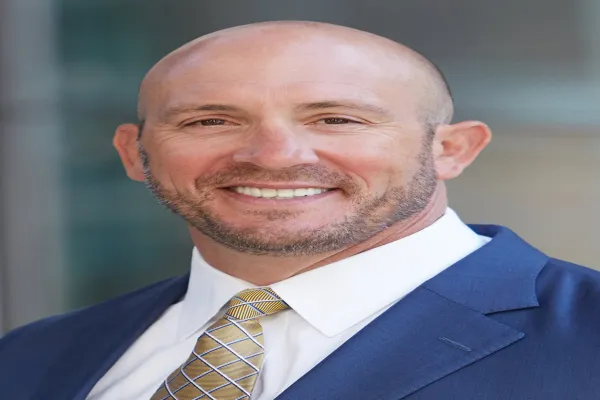Lighthouse Partners, a $13.1 billion fund of funds, pulled the entirety of its capital from a volatility arbitrage hedge fund mere weeks before the strategy was likely set to pay off in March 2020.
According to multiple sources, DeepBlue Asset Management — founded by Daniel Benchimol in 2019 – had been seeded, via a separately managed account, with approximately $150 million of Lighthouse’s money. But in late February 2020, the tail-risk manager saw assets decline by over 10 percent in a matter of days.
By mid-March, Lighthouse had instructed Benchimol to liquidate the separately managed account.
But had the firm let the DeepBlue strategy run, sources say the payoff could have neared $750 million within weeks as markets cratered. (According to a source close to Lighthouse, the fund was not invested in a tail hedge strategy, but in a relative value strategy, which they claim did not and would not have generated the suggested returns.)
Palm Beach-based Lighthouse, which boasts investors as diverse as Maine’s university system and the Alabama Trust Fund, did not notify its clients about the miss; however, it is under no legal obligation to do so.
Both Benchimol and Lighthouse Partners declined to comment.
[II Deep Dive: The Inside Story of CalPERS Untimely Tail-Hedge Unwind]
Lighthouse’s miss has echoes of what happened to the California Public Employees’ Retirement System during the same time period: When markets crashed in March 2020, the pension missed a payout of more than $1 billion after cutting a crash-hedging program. The largest part of that program was run by Universa Investments, which is advised by The Black Swan author Nassim Taleb.
After the missed payout was revealed, CalPERS said that the program was ended in favor of a more traditional diversification strategy because of what it claimed were the high costs of tail hedging.
Universa’s director of research Ronald Lagnado, a former CalPERS employee, dismissed the claim that the program was overly expensive.






